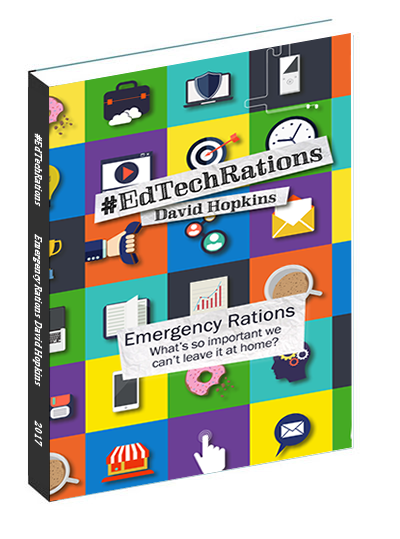‘Review your Purchase’
Everywhere I look now I see a review for a product or service.
Amazon, Waterstones, hotels, Facebook Marketplace, Expedia, Google, Screwfix, FutureLearn, Coursera, etc. Even my local plumber who only wants small jobs (leaky tap) and nothing too big (he’s semi-retired and just does it because he likes to keep busy) has a rating/review system on his single webpage now.
What’s the most bizarre aspect of this rush to add a review facility to a website or product (Amazon, I’m looking at you here) are the follow-up emails on something I ordered … and the ‘review your purchase’ email often lands in my inbox before I’ve had a chance to open the package. Once or twice the email arrived before the package did. All I can review at that point is the quality of communication and/or delivery.
The other aspect of this failure, and one that keeps me from taking any such review seriously is that the review has most likely been left without any experience of the product or service.
“Did your order meet your expectations?” I don’t know, I’ve not used it yet. More than this, I haven’t had the chance to use it in any capacity. Come back again in six months and ask me again. A review is only worth paying attention to, in my book, is one where the user has been given a chance to test, use, abuse, break (or not), and generally see if the product stands up to longevity.
If it’s not a product review but a service review, then I want the review to say how long the user has used the service – “I’ve been a customer for six years and never needed to call customer services” is a good review, as it tells me the service has worked without fail for some time. A review that says “I had problems and customer services did/did not address the issues” is also good as it tells me, good or bad, if a problem can be handled and fixed if/when it happens.
So what about the reviews that I can read on courses and learning I can take? Surely online learning is a highly personal experience and any review that fits in the 200- or 500-character limit can’t go into the detail of why the reviewer wanted to take the course, what their motivation was, what their hopes for learning and/or progression were, did they meet the expected learning outcomes, etc. And when did they leave the course? The exact moment they attained their certificate of completion? Wow, that says nothing of the benefit to them from the learning – did the extra experience help them land a promotion? Did the experience enable them to change tack or career trajectory? Did the course on presentation skills improve their ability to prepare for and deliver more meaningful presentations, or was it just 5hrs prescribed by their line manager to address something in their last performance review?
The review rarely gives enough information for me to take it seriously. I also note I’ve not covered the issue of fake reviews that are designed to (a) lift a product or service, or (b) where bad reviews are designed to destroy the reputation of a product or service. Yeah, this happens too.
Can we, for example, expect the average learner, either on a free or open course (MOOC, remember them?), or a graduate of under- or postgraduate study, to understand the intention and orientation of the course and the carefully designed materials to speak to and answer the learning outcomes? Can I look at a review for a course and see the review left for what it is, or will I always be left asking more questions than it answers?
Here are some examples of the kind of reviews I’ve seen in the last week, for either a specific product or service. It’s not what it was for that’s important, but the lack of clarity or context that bothers me:
- “I highly recommend this business” – OK. Why? What did they do that was so great? What did you ask of them and how did they deliver on it?
- “Terrible service” – What was so bad? What were they supposed to do and why couldn’t they do it?
- “Not as advertised” – I’ve seen variations on this, but never an explanation as to what is different. Is it the colour matching, size, product purpose, or delivery options? What?
- “Don’t take this course!” – Why not? Is it too expensive for what it is, or did they not provide the materials you were expecting? Did you select the right/wrong course and it wasn’t the right subject area or did you have issues enrolling, joining, engaging, etc?
All reviews are subjective, but without the context of why the reviewer is leaving it, how useful are they? When reviewing a physical product you ordered and have delivered, you can say “It didn’t work” or “It broke on first use”. But to say, about a service, “It didn’t live up to my expectation” requires information about what you expected, what didn’t it do, where were the gaps, etc.
This is why I ignore reviews.


















